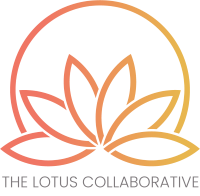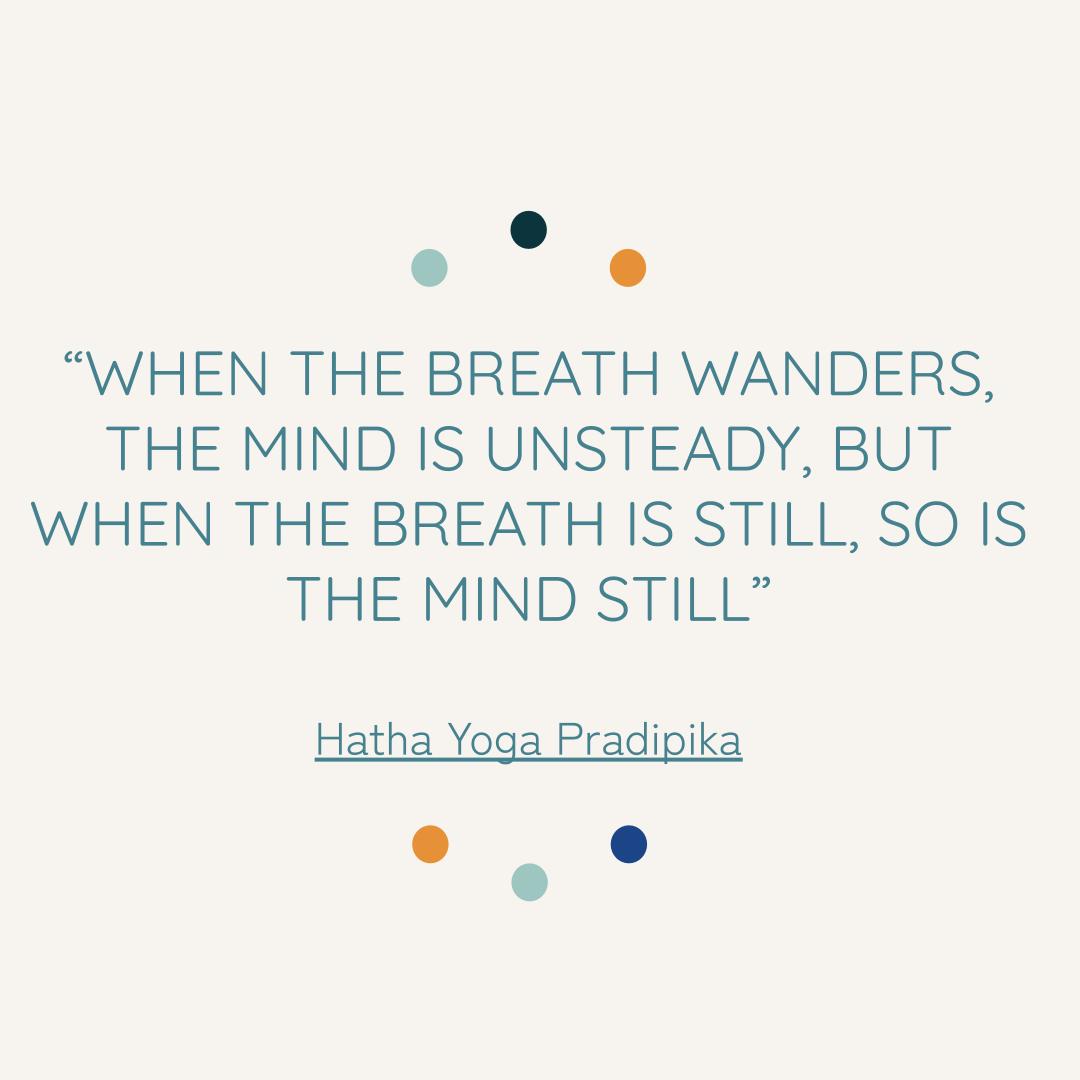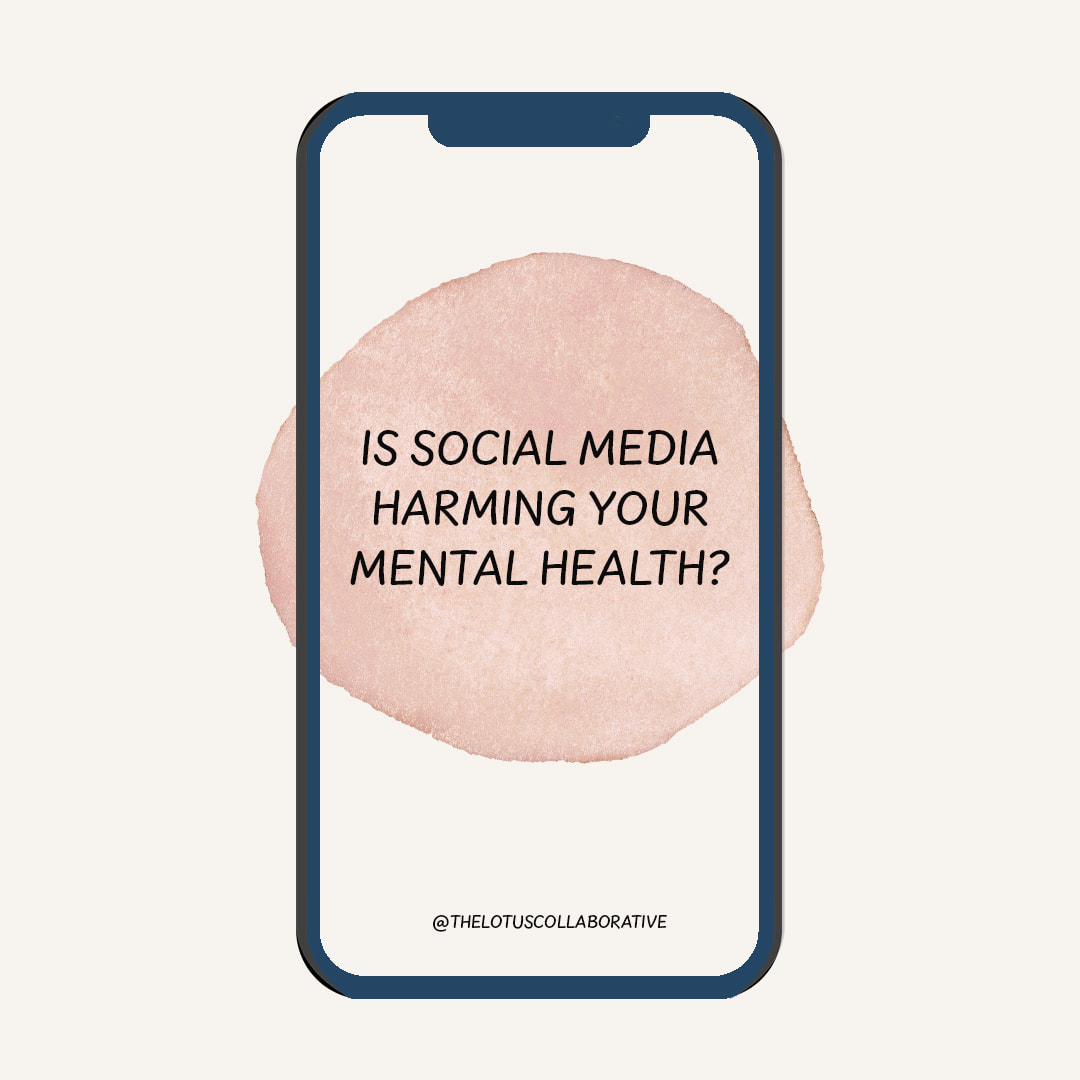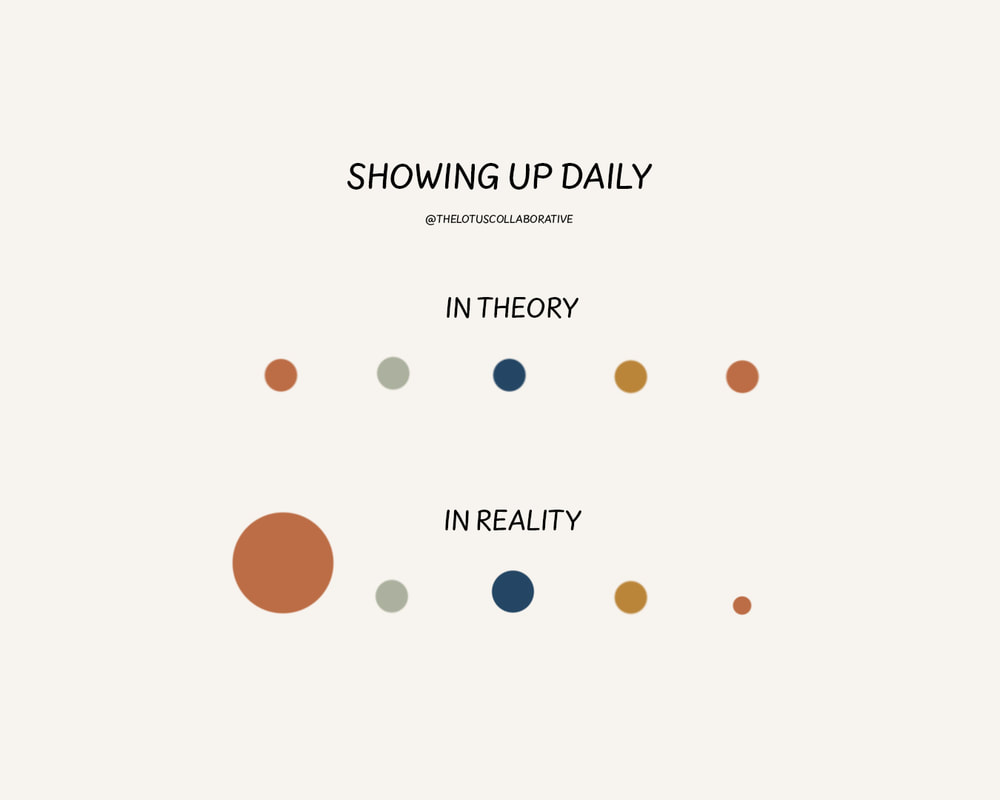|
Self-care simply starts by taking a mindful breath, inhale then exhale.
While this may sound like a cliché, it is true. It is not only true, it is simple. Yes, simple. With every breath, you are making a mindful decision that you want to live. Mindful breathing is one of the simplest forms of meditation and one of the best ways to practice living in the present moment. Making a decision that you want to live is self-care. When we attend to our breath it brings us to the present moment. Even more so, the way we breathe has a powerful correlation to how we feel. Despite the inherently automatic nature of breathing, most people have a great deal to learn and improve upon when it comes to the most basic of our physiological functions. I am sure you are aware of the saying, “If I don’t take care of myself, I am no good to anyone else.” Well, this is about as true as it gets. While it may seem easier said than done, that is not necessarily true. I don’t believe that anyone does not truly want to take care of oneself; instead I believe that one may just not know how. When you don’t know how to do something, what do you do? You learn and practice and learn and practice and so on… Start to visualize what self-care even means to you. Did you take a breath since you have been reading this post? Chances are yes, but now I want you to stop and take a mindful breath-inhale then exhale-now. With this breath, you brought yourself into the present moment. Doesn’t that feel good? Mindful breathing—paying attention to your breath and learning how to manipulate it—is one of the most beneficial ways to reduce everyday stress levels and improve numerous health factors ranging from calming the mind to aiding in digestion. Mindful, deep breathing can also help sharpen your ability to concentrate. Breathing brings oxygen to the brain. Breathing is the only way to supply our body and its various organs with oxygen. When you are anxious, afraid, or stressed, your muscles become tight and your breathing gets shallow. Shallow breathing limits the amount of oxygen your body needs. Shallow breathing may lead to increased tension and fatigue, So again, when you breathe and your brain receives oxygen; it actually releases tension, relaxes the mind and body, and brings clarity, just to name a few. Abdominal breathing, or diaphragmatic breathing, is a powerful way to decrease stress by activating relaxation centers in the brain. Only 5 to 20 minutes of diaphragmatic breathing (belly breath) activates our relaxation system. When we intentionally breathe deeply, many internal reactions happen to aid in mental focus, reduction of stress, increased joy and inner enthusiasm. Take another mindful breath with an inhale then an exhale. Training your mind to focus on one thing (your breathing) without bouncing from one thought to the next is a great way to manage stress, calm your mind and improve your overall well being! Mindful breathing is an excellent form of self care. I want you to try this for your next set of mindful breaths: Find a comfortable place to sit or lie down, with your feet slightly apart, one hand on your abdomen near the navel, and the other hand on your chest.
All my best to you, Erica Ives, Santa Cruz Clinical Director @ The Lotus Collabortaive.com
0 Comments
There is some incredibly heavy stuff online right now, and it’s concerning a lot of mental health professionals who are seeing the direct impact of this on their clients.
According to an article in the Newport Institute - “Our brains are primed to respond to social media, because it’s a type of variable reward system, explains Don Grant, PhD, Newport’s Director of Outpatient Services in Santa Monica. Like mice in a lab, constantly pulling a lever in hopes of receiving a treat that appears unpredictably, we keep scrolling in search of an online experience that will trigger a pleasurable release of dopamine. “ Social media platforms benefit from prolonged screen time. Unfortunately for many, increased usage and increased exposure to unsettling content is extremely dysregulating to the nervous system. “Doomscrolling is essentially an avoidance technique used to cope with anxiety, so wherever you are vulnerable to anxiety, doomscrolling can become an unhealthy coping mechanism,” says Megan E. Johnson, a licensed clinical psychologist and researcher specializing in trauma and brain-behavior relationships. “And ironically, the very things doomscrolling can rob you of—healthy sleep, meaningful social interactions, fulfilling work, and hobbies—are also the things we know are most supportive of our mental well-being. So it becomes a vicious cycle.” - https://www.wired.com/story/how-to-stop-doomscrolling-psychology-social-media-fomo/ So what’s the FEELING behind the need to check the apps: Getting to the root of why you choose to engage, and really being honest with yourself will be your first step in deciding what a healthy relationship with social media looks like. The next time you go to distract yourself with scrolling, ask yourself what you’re feeling in that moment and assess what your needs may be. Once you have a realistic and honest assessment of what your need is, you can step back and decide how you want to meet the need in a healthy way. Setting Boundaries or Going Cold Turkey: For many, social media can be highly addictive. You may need to remove it from your phone and go “cold turkey” on your usage in order to cut the brain’s dopamine response. This may also look like setting technology boundaries within your home ie. no phone in bed before sleeping or upon waking up. By taking away the opportunity to get pulled in, you can get out ahead of the craving for doom scrolling. For some, replacing it with something else to do on the phone can be a helpful step when you first cut your social media use back. Try a game that you like that you can go to when you have the urge to open your phone. Even using an app like Pinterest can help to get the “fix” but without looking at content that is distressing. But I want to still stay informed on what’s going on: And as we all should. The flow of information online is endless, so by accepting this, it may be easier to decide on the limit of time you’ll take information in. It can also look like deciding on who you take information from, like picking 5 trusted sources to read. Taking in information on the computer rather than a phone can also help decrease the duration of doom scrolling as the activity is more intentional when it’s not available to you in the palm of your hand while you wait in line at the grocery store. At the end of the day, it’s important to be in control of your social media usage and therefore your mental health. The endless information will always be there. Best way to do this is to fill your time with meaningful activities that can replace social media - that can keep you informed, connected and safe. Have you ever heard the saying that we're not machines but rather a garden? Meaning that we aren't the same every day, and our needs are not the same either.
It all starts with self-compassion. Let's preface this by saying - being hard on yourself will not keep you motivated in the long run. Only self-compassion and building a relationship with yourself can keep you going. Self-compassion can be had in good times and bad, but it’s key difference is that in speaking to ourselves more kindly, we can embrace the imperfectness of being human and therefore grow from it. This means that when we have setbacks, we can bounce back much faster because we're not stuck on being hard on ourselves. It also means that our relationship with ourself is not compromised in the process. By honoring your humanness, mistakes and setbacks aren't a reflection on your value. Setbacks are a sign of your humanness and the ever-evolving nature of life. ---------- Acknowledge that not everyday will be the same. Give yourself the flexibility to do more on the high motivation days and less on the low motivation days. When you listen to the rhythm of your body, you sustain yourself. Not everyday will be the same, and that's okay. Affirmation: I am a garden that needs to be tended to differently on different days. ---------- Writing. If you haven't already tried it, writing as often as everyday can be a huge help in connecting with yourself and understanding what you need. Think of it as time to connect with yourself. It's a space to funnel out the noise in your head onto the page. With that extra space from busy thoughts, you can get the perspective to understand what you need to give yourself, what you may need to release, or what you may need to feel. ❤️ Pro tip: meditation after journalling can be a great combination as your mind will have had the chance to empty out the intrusive thoughts that like to pop in. ---------- Connect with your passions, connect with your life force. When you have something to work towards that excites you, it shows. It's a force that ignites a fire in your being that can be harnessed to propel you in every aspect of your life. We all have passions. If you struggle to know what it may be, think back to when you were a child. What were the things that excited you most. What made you excited to wake up in the morning and kept you up late at night past bedtime? A big part of healing is actually just getting back to the things we used to love and the kid that we used to be. ---------- Some days we need a little bit more sun, water, or rest than other days. Don't expect yourself to operate like a computer. You are a beautiful garden that must be tended to differently each day. ☀️🌸 In the video, Dr. Liz talks about 3 core principles of The Lotus Collaborative:
1: We value collaboration. We heavily invest in training our staff to offer quality, cutting edge, evidence based, heart centered, effective clinical care. We value quality when hiring and investing in our staff. We have trained, educated, and supervised many eating disorder specialists in our SC and SF communities. We believe recovery can happen when there is excellent support. 2: We honor our client's Hero/ine's Journey. Lotus believes those who suffer from eating disorders are gifted, sensitive folk. We collaborate with our clients that their health crisis and recovery are a quest to fully become the hero/ine they are meant to be. Eating disorders are a symptom and a calling from a person's heart and soul to evolve and change. We see the gifts our client's possess and partner with them, to actualize those gifts to achieve recovery. We offer solution based treatment that doesn't pathologize our clients or eating disorders. 3: We are light we want to see in the world. Treatment at Lotus inspires hope. We believe that at our core is luminous light. Trauma and hardship can cover that light, make us doubt our capacity. We honor that inner light in ourselves and support our clients to remember and recover their inner light as well. Lotus' Evolution Over the Years Dr. Liz is the founder, owner and CEO of The Lotus Collaborative. Their first program opened in 2011 in Santa Cruz and 3 years later in San Fransisco. In 2020, Lotus opened a mood and trauma treatment program. They began and continue today offering online virtual programming for eating disorder, mood and trauma treatment. In 2021, Dr. Liz opened a psychedelic assisted psychotherapy division of Lotus, called Luminous Healing Center. They are one of the few centers in the nation approved to offer MDMA Assisted Psychotherapy under the Expanded Access label. Currently they are offering Ketamine Assisted Psychotherapy (KAP). Over the past decade, many eating disorder programs were bought by investment banks. Despite plentiful offers to sell, Dr. Liz remained committed to offering quality treatment programs, run by eating disorder treatment specialist professionals. How can business decisions trump, what is in the best interest of the client, and the hard working professional staff that run the programs? Many programs don't consider the health of their staff and organization, cutting corners to increase profits, but sparing quality treatment. Dr. Liz has personally recovered from trauma and an eating disorder, has been an eating disorder therapist, a clinical director, an executive director, a founder, and remains a CEO and owner. Lotus hires staff to run the programs that have recovered as well. Our clinical, business and financial decisions, focus on the best interest of the client, the staff and the organization. The Lotus Collaborative today remains one of the few, women-led, privately owned and operated, eating disorder treatment program in the nation. Lotus believes in clinical professionals leading rather than banks and business investors. They aren't beholden to anyone, so program offerings remain quality, client centered, run by professionals that have personally recovered. Beliefs are thoughts that we continue to think. If we can start to think new thoughts that are more conducive to acceptance, self-love, and ease, then we can begin to see the world, and ourselves within the world, differently.
For young people in the queer community, it can be difficult not knowing if family and friends will truly love them for them — never knowing if the love they get will be unconditional. Folks in the LGBTQ+ community may wonder if they can expect that unconditional love from the people closest to them, and when it comes to self-talk, it can be difficult for LGBTQ+ identifying individuals to convince themselves that they not only *can* ask for what they need, but that they are more than allowed to do so. Affirmations are a great way to do this, and what better month than this to make them LGBTQ+ focused. Whether you are a member of the LGBTQ+ community or not, try these affirmations to positively change your self-talk. You are worthy of joy, safety and acceptance. It's your birthright. ❤️ ———-- It is a joy to get to know the true me. My life has meaning beyond what others think of me. The people who deserve to love me will be excited to accept the real me. I deserve love without conditions. I will give myself love without conditions. Others discomfort with who I am says more about them than it says about me. I will be patient with myself as I learn how to love myself without conditions. Misconceptions around exercise |
The
|
2125 Delaware Ave, Suite A, Santa Cruz, CA, 95060
2500 Market Street, San Francisco, CA 94114









 RSS Feed
RSS Feed